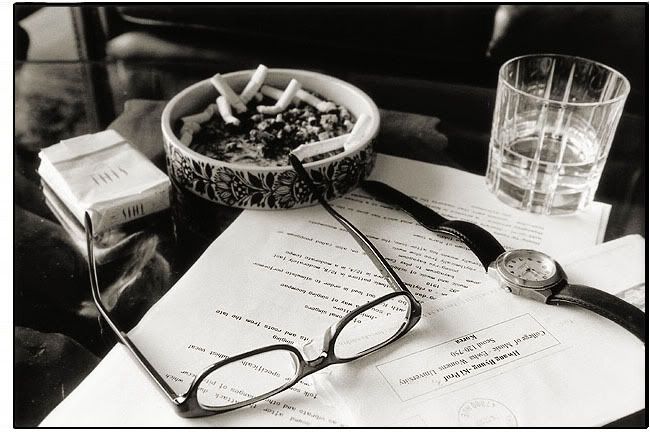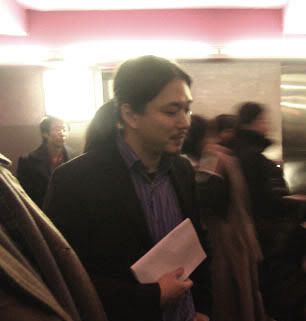
While listening to Hwang Byung-Ki's music
A few words about reviewing. The English word suggests that the activity should be done in retrospect, with the benefit of hindsight.
Looking back like Orpheus or Lot’s wife, over the shoulder, the reviewer returns to a cultural experience, and sees... what exactly? a more general picture perhaps, if s/he sees anything at all. What is seen then is the outline, the contours of the object or the event. Does it mean the re-view is the best picture, the most revealing one? Maybe by then, the object is too far. Maybe, but isn't the first sight too close for comfort? The re-view is essentially the luxury of a farther look, which tries to bridge a gap and bring some kind and sense of proximity with a stranger, a foreigner to a particular experience.
A review is a tiny piece of personal mindscape that wishes to be seen, read, and understood as an account of another's experience. It covertly wishes to become part of the publication process as well and be, in the best of cases, a valuable, aesthetic experience of its own, however secondary.
A review is second-hand intimacy, because the thinking is second hand. In a way, it always comes too late, and in the form of a rough familiarity with an experience that is given second thoughts and value. The evaluative aspect of the review is merciless underlined by the French "critique", which refers to both the perpetrator and his/her (mal)practice.The present reviewer has to admit he probably inherited those critical traits and in particular the roughness of the flippant judge. Wasn’t Paris the shepherd, after all, the first reviewer? He nonetheless hopes his off-handed attempts at practicing writing via writings will be taken in the same lightness of spirit as they were written.


No comments:
Post a Comment